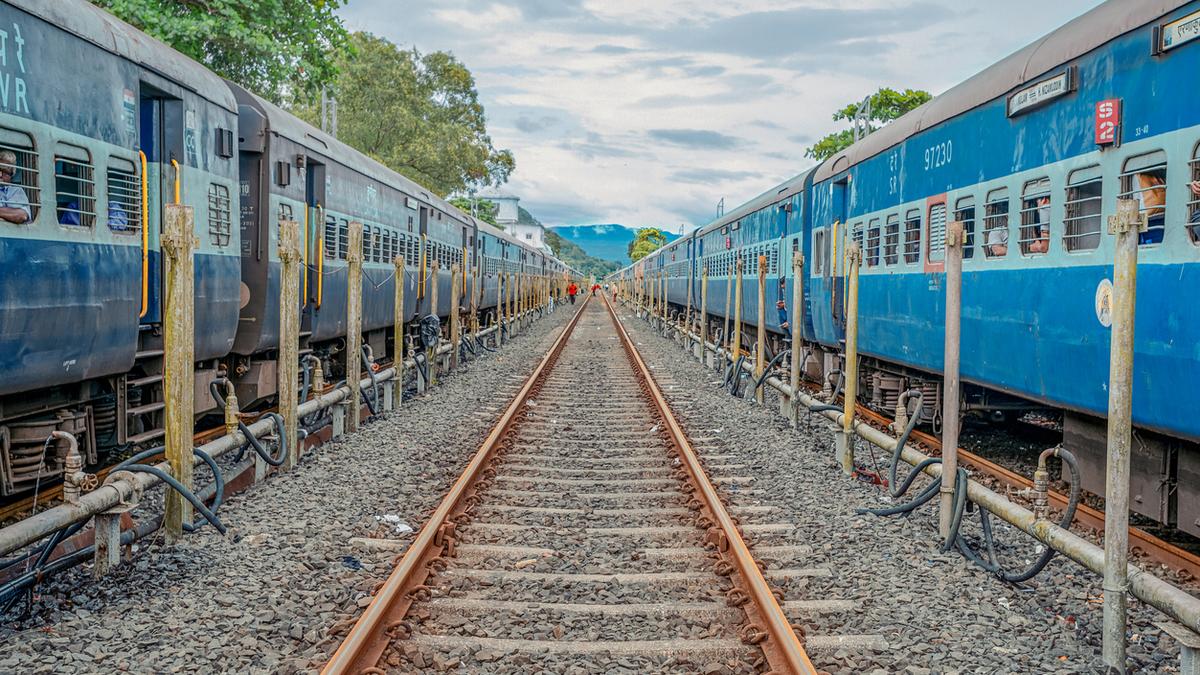The Railway Ministry has announced sweeping reforms aimed at enhancing the operational efficiency, safety, and well-being of train controllers. Key measures include structured career progression, regular training, health support and a shift toward integrated control centres.
Under the new reforms, only seasoned traffic inspectors or station masters with proven records will qualify as train controllers, required to serve a minimum of three years to gain domain expertise.Biannual refresher courses, emphasising simulator training and emergency response, are now mandatory . A performance-monitoring framework will assess controllers based on punctuality, emergency decision-making, communication standards, and compliance with operational rules. To curb dependency on individuals, a formal succession and rotation policy will be applied systematically .
Additionally, measures such as workplace yoga, counselling services, and periodic health checks have been introduced recognizing the high-stress nature of the role. These steps follow findings from a Railway Board committee (augmented by RDSO inputs) that highlighted issues such as vacancies, pay parity, health risks, lack of amenities and high operational stress. Another directive rebrands traffic control functions into “Operations & Traffic Control,” creating an integrated command centre for smoother coordination across train operations and related departments. The controller cadre will be strengthened via diverse recruitment streams—direct hires, departmental boards, and internal selections—with a mandate for standardised work environments across divisions.
These upgrades come after RDSO research flagged a 16% vacancy rate among train controllers, projected to rise to 30% without intervention. The RDSO also criticised the intensive workload and lack of incentives, and since only 26,000 such controllers manage thousands of trains daily, the need for reform has escalated. Industry observers welcome these changes as steps toward global best practices. Inadequate staffing previously led to undertrained personnel managing control rooms—a risk addressed now via minimum service thresholds, refresher training and rotation. Counsel and health initiatives signal a shift to more humane, equitable roles, especially for women and differently-abled staff in high-stress environments .
Challenges lie ahead: Zones must implement simulation facilities, rotate staff meaningfully, ensure counsellor presence, and track performance reliably. The shift to integrated command centres will require cross-department coordination with signalling, operations, and emergency services. While reforms emphasise operational excellence, their success depends on addressing pay grade concerns highlighted in RDSO and RRB discussions. Controllers have long sought improved grade pay, night-duty allowances and recognition of their roles as “intensive” under HOER norms.
In an era where rail is central to India’s low-carbon and equitable transport vision, controllers remain the unsung linchpins of network safety and efficiency. With these reforms, the Ministry signals a long-term commitment—not only to bolster operational discipline, but also to foster sustainability, wellness, equity in railways and resilience in India’s pursuit of safer, greener transport.
Also Read :Khar Road Station First Revamp Under ₹950 Cr MUTP 3A


